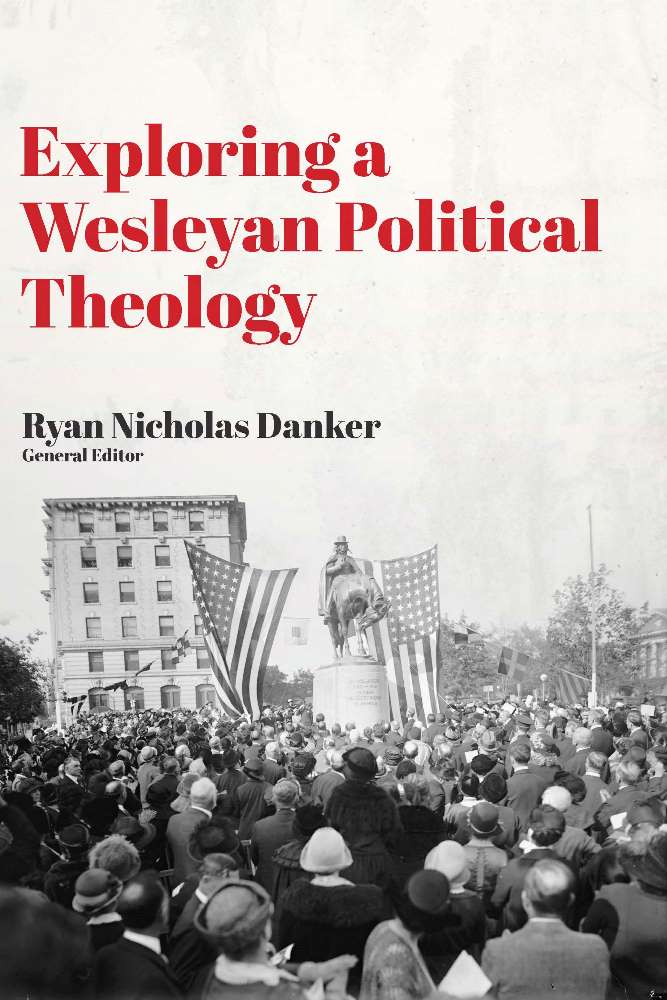- Online Learning
-
- Advent
- Bible Study
- Caregiving
- Children
- Clergy & Laity
- Companions in Christ
- Creativity
- Devotional
- Discipleship
- Generosity
- Grief
- Healing & Wholeness
- Hospitality
- Legacy
- Lent
- Men
- Missions
- Older Adults
- Pentecost
- Prayer
- Recovery
- Series
- Social Justice
- Spiritual Gifts
- Spiritual Practice
- Stewardship
- Women
- Young Adults
- Youth
In stock

Exploring a Wesleyan Political Theology
Edited by Ryan Nicholas Danker
Paperback
Transformation carries political consequences.
Even in his own day, there were social repercussions to Wesley's theology of transformational grace. The revivalistic nature of early Methodism included both an emphasis on individual salvation and corporate salvation, with emphasis on the individual often overshadowing the corporate in many local church settings. However, at its core, Methodism was constituted by communities shaped by the radical call to new birth and were seen from the beginning as potentially subversive, having a political edge whether the early Methodists intended it to or not.
This book helps Wesleyans begin to both discuss and address political issues without the partisanship and tribalism that marks our discourse. Basing the conversation on shared theological and ecclesiastical commitments can provide a new means to approach divisive issues.
This book explores the consequences of a Gospel message that calls for the transformation of individuals, communities, and the created order. How does a person or community, made whole by holy love, approach the great issues of our day? Past attempts have failed to take into account the strong emphases in Wesleyan thought on personal holiness, communal (social) holiness, and social engagement. The balance inherent within Methodism is too easily lost without a grounding in scripture, tradition, reason, and the experience of salvation.
| Format: | Paperback |
| ISBN: | 978-1-945935-62-6 |
| Publisher: | GBHEM |
| Imprint: | |
| Publication Date: | 01/01/0001 |
| Pages: | 176 |
| Dimensions: | 9.0000 x 6.0000 |